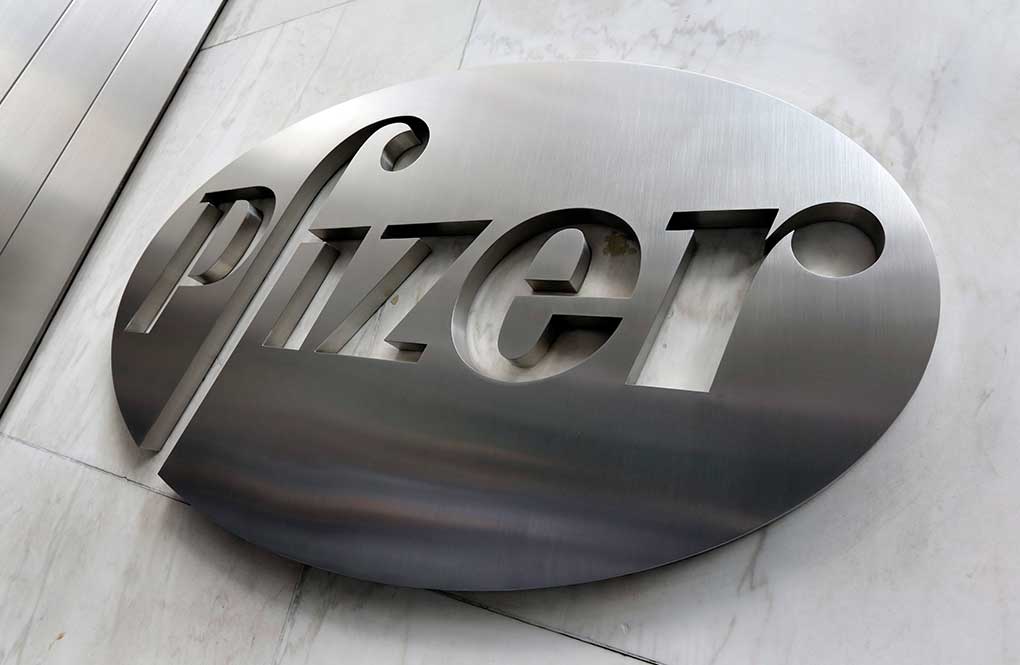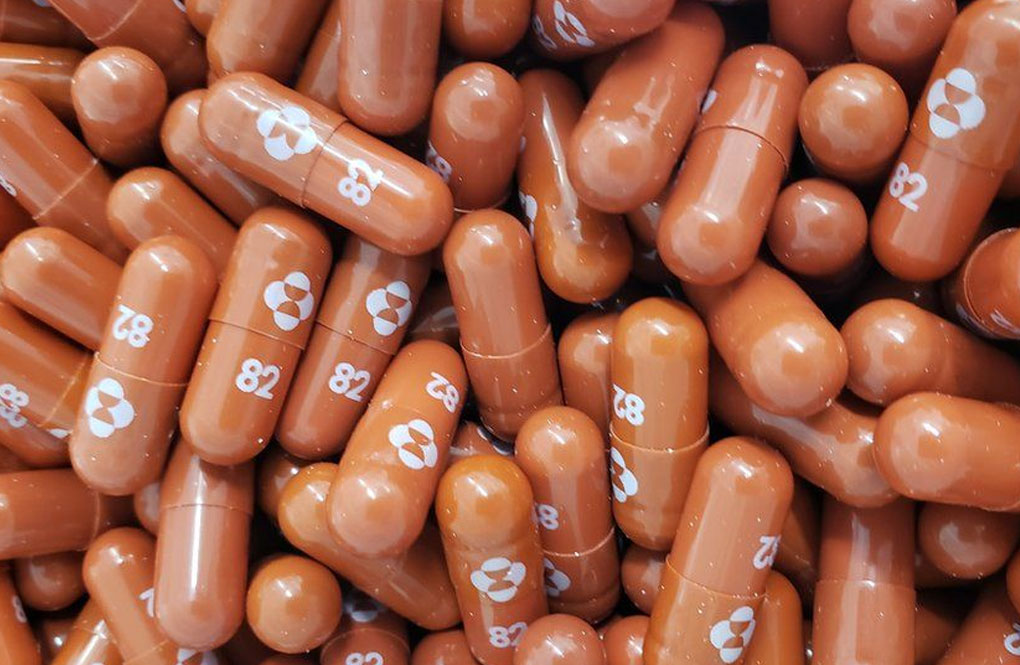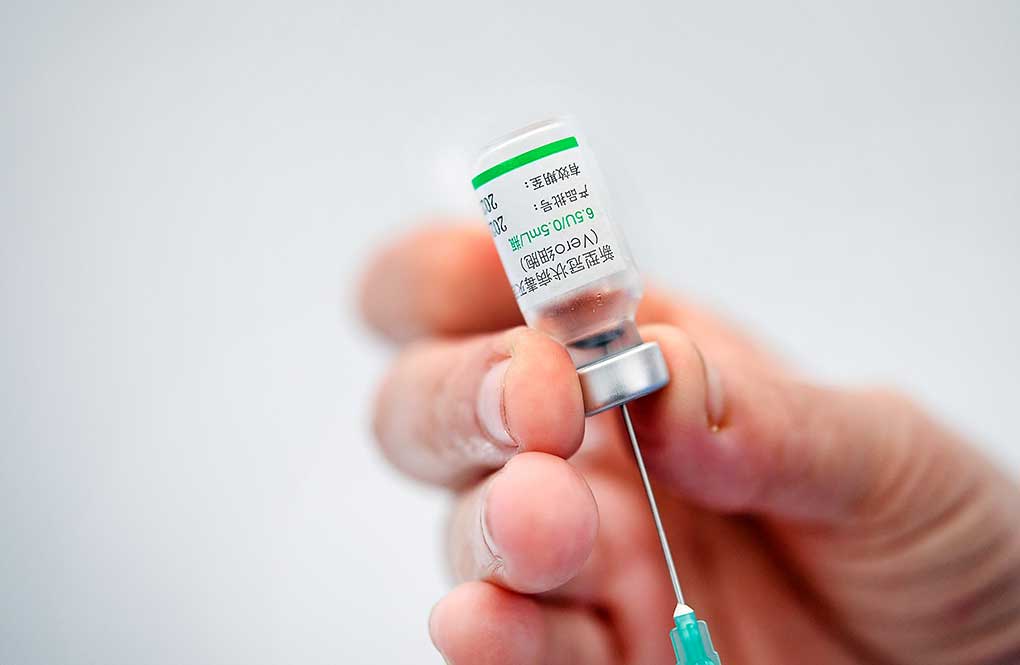Pfizer Inc’s experimental antiviral pill to treat COVID-19 cuts by 89 per cent the chances of hospitalisation or death for adults at risk of developing severe disease, the company says, offering what could be a promising new weapon in the fight against the pandemic.
The trial’s results suggest that the oral drug surpasses Merck & Co Inc’s pill, molnupiravir, which was shown last month to halve the risk of dying or being hospitalised for COVID-19 patients at high risk of serious illness.
Pfizer’s pill, with the brand name Paxlovid, could secure US regulatory approval by the end of the year.
The Pfizer trial was stopped early due to its high success rate.
Full trial data is not yet available from either company.
US President Joe Biden said the government has secured millions of doses of the Pfizer drug.
“If authorised by the FDA we may soon have pills that treat the virus in those who become infected,” Biden said.
“The therapy would be another tool in our toolbox to protect people from the worst outcomes of COVID.”
Shares in Pfizer, which also makes one of the mostly widely used COVID-19 vaccines, were up 9 per cent to $US47.82 while Merck’s were down 9.3 per cent to $US82.09.
Shares of vaccine makers took a hit, with Moderna Inc, Pfizer’s German partner BioNTech SE and Novavax all down 13-21 per cent.
The pill is given in combination with an older antiviral called ritonavir.
The treatment consists of three pills given twice daily.
It has been in development for nearly two years.
Pfizer is in discussions with 90 countries over supply contracts for its pill, Chief Executive Officer Albert Bourla said in an interview.
Bourla said Pfizer expects to price its treatment close to where Merck has priced its pill.
Merck’s US contract price for its pill is about $US700 ($A948) for a five-day course of therapy.
Pfizer said it plans to submit interim trial results for its pill to the Food and Drug Administration (FDA) before the US Thanksgiving holiday on November 25.
The company said it expects to manufacture 180,000 treatment courses by the end of this year and at least 50 million courses by the end of next year, including 21 million in the first half of 2022.
Antivirals need to be given as early as possible, before an infection takes hold, to be most effective.
The planned analysis of 1219 patients in Pfizer’s study examined hospitalisations or deaths among people diagnosed with mild to moderate COVID-19 with at least one risk factor for developing severe disease, such as obesity or older age.
Among those given Pfizer’s drug within three days of symptom onset, the pill lowered the chances of hospitalisation or death for adults at risk of developing severe COVID-19 by 89 per cent compared to patients who received a placebo.
Among these patients, 0.8 per cent were hospitalised and none died by 28 days after treatment, compared to a 7 per cent hospitalisation rate and seven deaths in the placebo group.
Rates were similar for patients treated within five days of symptoms: 1 per cent of the treatment group was hospitalised compared to 6.7 per cent for the placebo group, which included 10 deaths.
Pfizer said that works out to being 85 per cent effective at preventing hospitalisation or death.
An FDA panel of outside experts is scheduled to meet on November 30 to discuss Merck’s pill, which was approved by British regulators in a world first on Thursday.
Pfizer said it did not know if Paxlovid would be reviewed at that meeting.
Pfizer did not detail side any effects but said adverse events happened in about 20 per cent of both treatment and placebo patients.
Possible side effects include nausea and diarrhoea.
Pfizer is holding discussions about a licence for generic manufacturing of the pill for low-income countries, Unitaid’s Medicines Patent Pool said in a statement.
(AAP)













